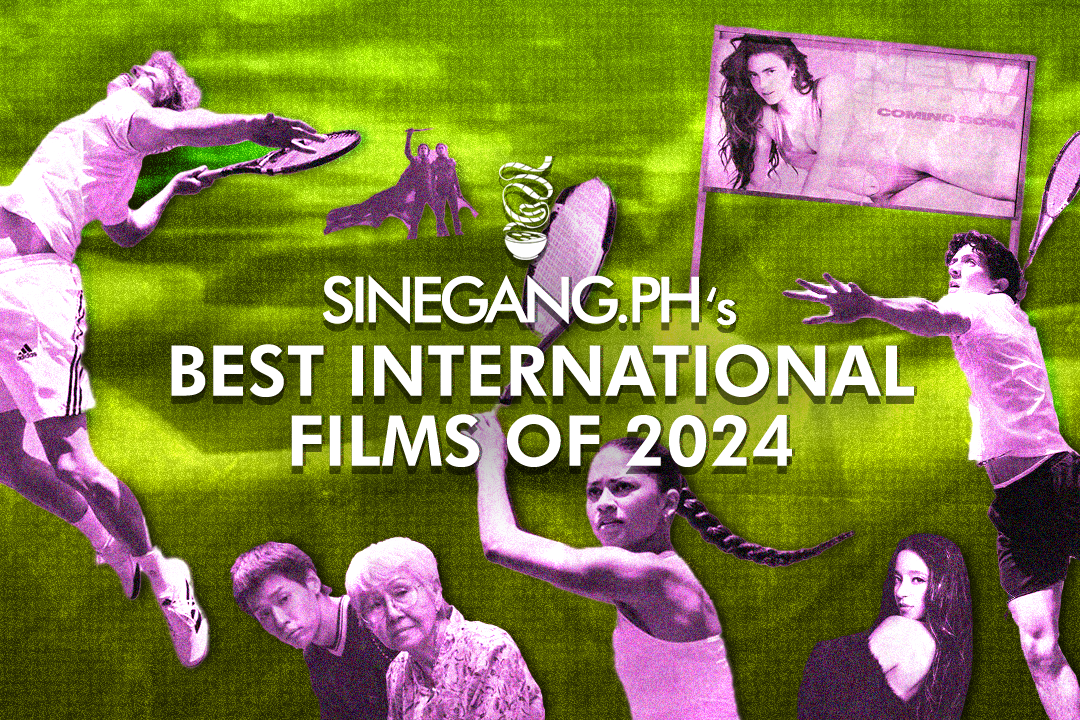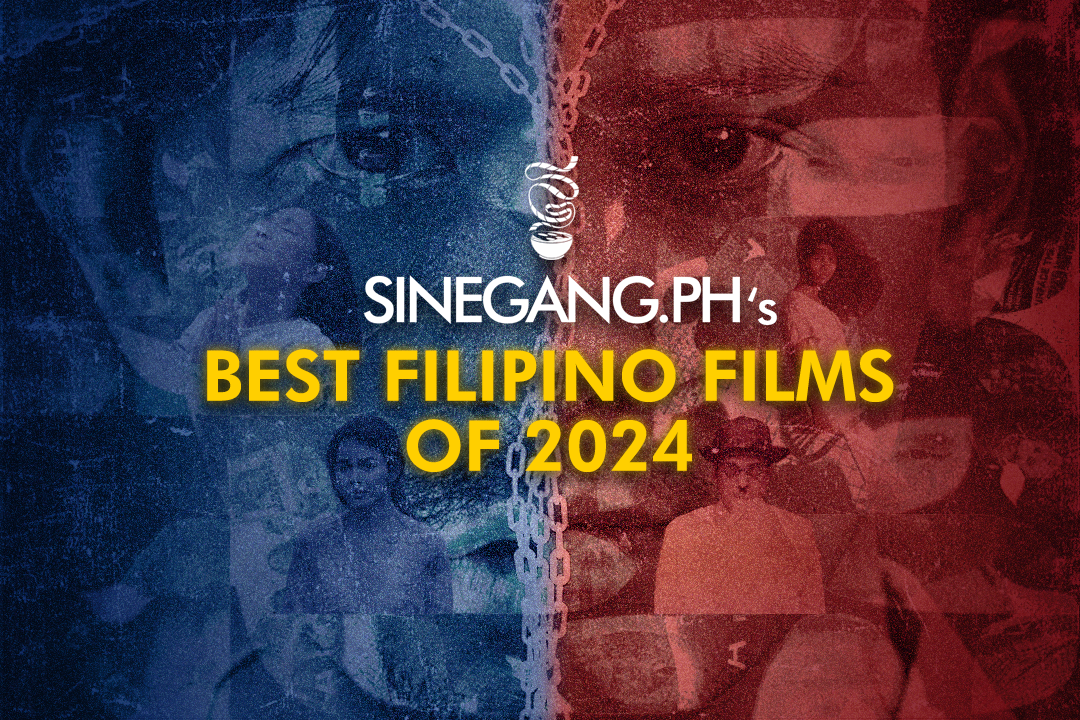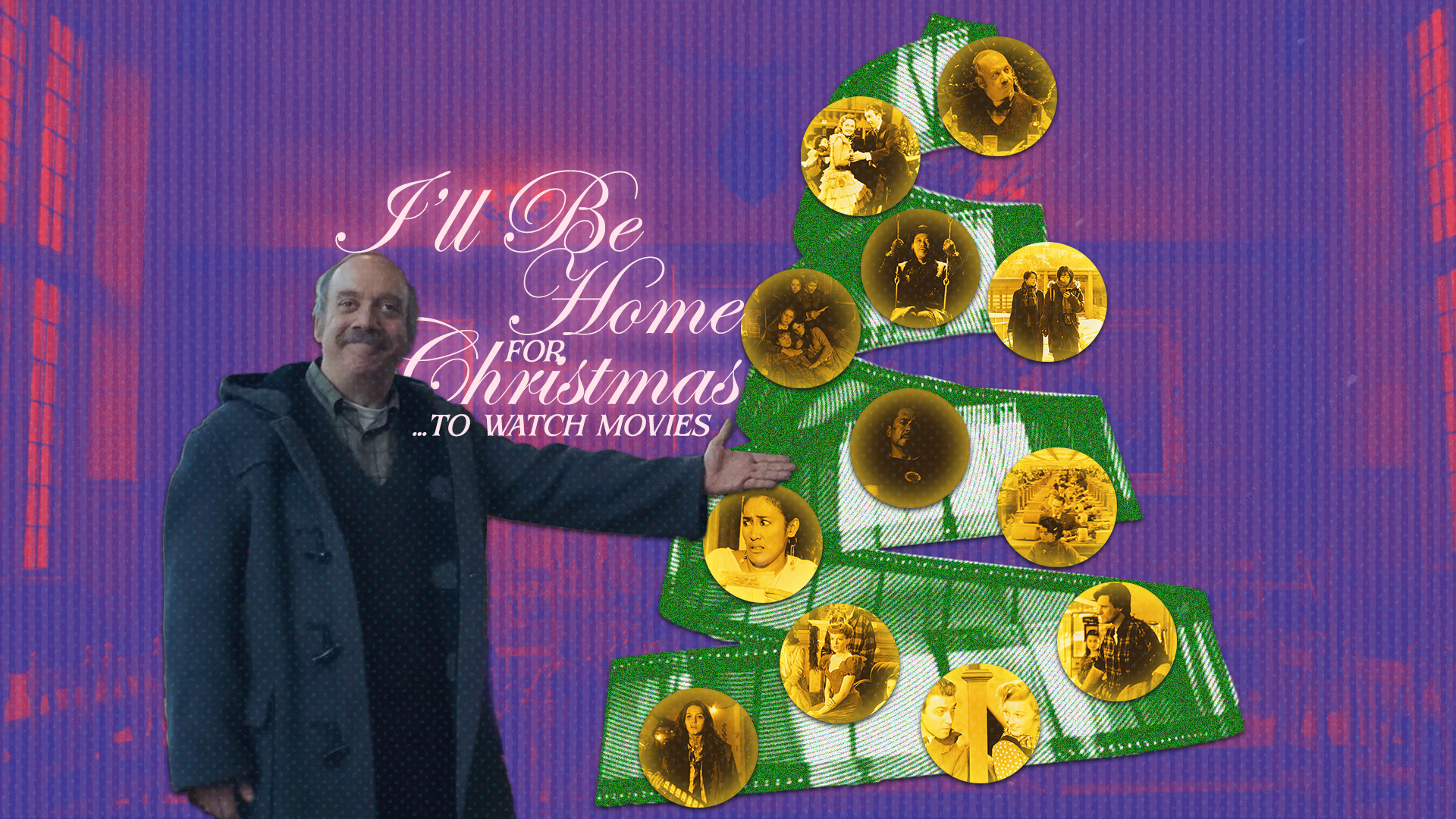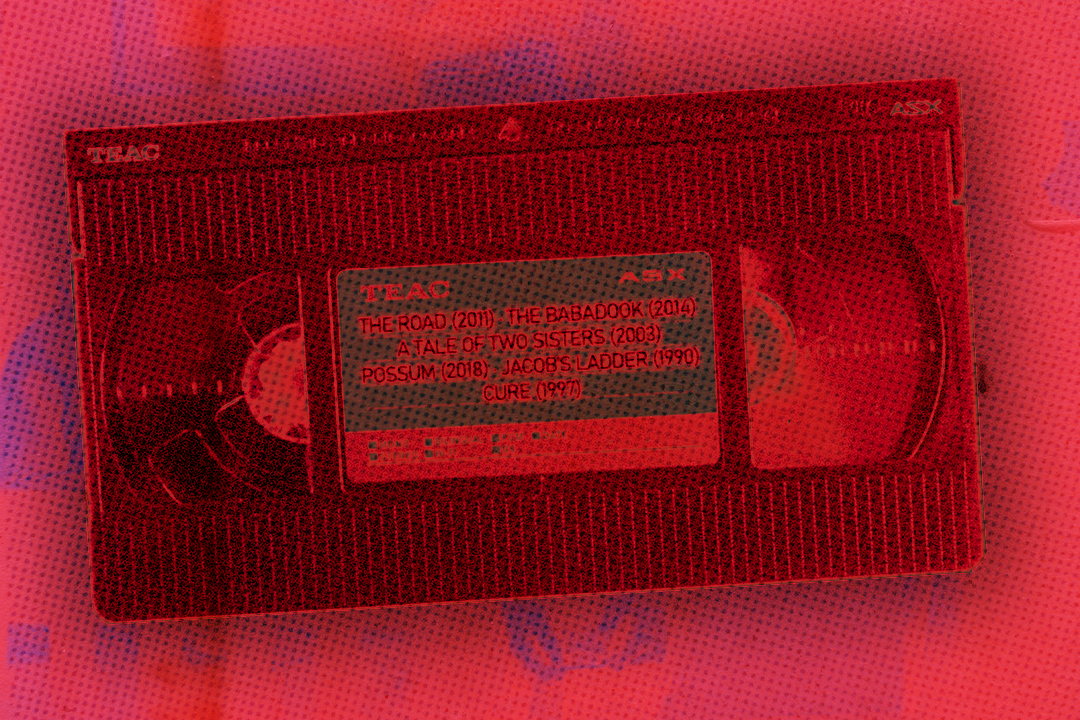Reframing Perspectives: Must-Watch LGBTQ+ Films
Reframing Perspectives: Must-Watch LGBTQ+ Films
Feature art by Abigail Manaluz
One can begin the initiative of making others feel acknowledged and valued without even exerting the slightest lift of a finger. Even a menial task like swiping through screens for a social media update or two requires more muscles than to live out sincere inclusivity to those who are barred by endemic discrimination. The LGBTQ+ community has endured numerous horrid experiences due to this collective problem. But empirical evidence suggests otherwise. To celebrate Pride Month productively, let's make an effort to broaden our awareness and knowledge of their experiences lovingly captured in cinematic language, as listed by SINEGANG.ph. They don't need comprehensive scrutiny to exist peacefully; what they need is unprejudiced understanding, not out of obligation but as an innate response, with wisdom serving as the first step.
And movies are one of the best ways to nurture it.
Kirishima (Mikako Ichikawa) and Endo (Monami Konishi) sharing a quiet moment against the sunrise
Blue (2002)
Dir. Hiroshi Ando
Kirishima frequently lowers her dulled gaze and zones out during class lectures, but her eyes are always at the cusp of radiance when she looks at Endo. She never seems to lose sight of the exclusive allure when Endo strikes a match for her cigarette, or the fact that she sort of likes still-life art. Her keen eye is ever contagious, it sways the viewers to wrap themselves in the plot more attentively. One may not help but notice the purposefully loud background noises blending with the quietude of their affectionate gestures and glances because there's a lot of spacious silence in each scene that accentuates their relationship. In Blue, the need to speak dissipates. It's all too breathtakingly hurtful and lovely, telling so much with little to no minced phrases, because what they have needs no constraints from spoken words or the fragile constructs people make. Theirs will never be ours.
From left to right: Gin, Miyuki and Hana as they discuss the baby they unexpectedly discovered [Brooklyn Academy of Music]
Tokyo Godfathers (2003)
Dir. Satoshi Kon
Satoshi Kon's tenderhearted 2003 animated film, Tokyo Godfathers, has him crafting his most grounded and humane story yet. It's a blitzing Christmas adventure of three homeless friends in the swarming yet isolating city of Tokyo. We accompany Gin, a middle-aged man navigating a tightrope of familial baggage and gambling addiction; Hana, a transgender woman who was once a fabulous drag queen; and Miyuki, a teenage runaway seeking absolution. Together, they dedicate themselves to caring for a newborn they stumbled upon in the garbage lot during Christmas Eve while also seeking answers about her abandonment and perhaps, hoping to satisfy their buried yearning for fulfillment. The film, with its rapid-fire enjoyability, not only offers a lively and chaotic escapade but also tries to draw attention to a lot of significant issues seen in its use of subtexts such as transphobia, family dynamics, child rearing, queerness and societal class structures along with their intersections. But all in all, it's largely all about human integrity, the choice to align love and acceptance no matter the struggles, conditions and expectations. And regardless of whether it’s a winter holiday or not.
Jared (Topper Fabregas) and Gabriel (Gio Gahol) in Sila-Sila [iWantTFC]
Sila-sila (2019)
Dir. Giancarlo Abrahan
Sila-Sila follows a 30-year-old man, Gabriel (Gio Gahol), returning home to Manila and struggling to find himself and heal. He tries to come to terms with his past, mainly old friends and a past lover, Jared (Topper Fabregas). The film acts as a coming-of-age story that seemingly rides with the tide of lost identities and direction in the realms of queer adulthood. No matter the gender and identity, the struggles of love and friendship are universal. Sila-Sila portrays queer relationships as multifaceted, frantic, warm, funny, and everything in between. They’re just like other people. Post-breakups can be hard, and it’s nothing strange for Gabriel and Jared. The film feels raw and authentic because the emotions that run through these characters are handled with care by the performances. Queer relationships aren’t depicted as glamorous or over-the-top entertainment but rather poignant and tender.
Liyah Mitchell in Kokomo City. [Magnolia/Couch Potatoe/Hillman Grad]
Kokomo City (2023)
Dir. D. Smith
Four trans sex workers across New York and Georgia speak candidly on their lived experiences with filmmaker D. Smith in her directorial debut Kokomo City, a documentary she produced while living unhoused. From its first minutes, where Liyah speaks of an encounter turned dangerous with an offbeat punchline, Smith weaves together her story along with those from Daniella, Dominique, and Koko (RIP), even including the sentiments of Smith’s music producer friend who shares his wavering uncertainty over sleeping with trans women. Smith makes sure to capture the women at their most liberated. The humor in their candor shines through, whether it’s shaver recommendations or speaking in detail over what men like to do with them. The hardened wisdom that goes along with their humor is equally sharp, passionately questioning the gender norms that refuse to affirm them while simultaneously exploiting them. They see it in the men who want them secretly while holding the reputation of their toxic masculinity with an iron grip. They hear it from cisgender women who affirm their beauty but deny that men in their orbit could want to be with someone trans, or themselves choose to transition. They recognize the involuntary independence they have to live with as a result of these barriers, even ones put up by their families. In these conversations, the women maintain a defiantly visible joy. Kokomo City is a reminder to celebrate and understand the Black trans experience in all its complicated, hilarious variations.
A still from Tongues Untied directed by Marlon Riggs [Screen Slate]
Tongues Untied (1989)
Dir. Marlon Riggs
Tongues Untied is a deeply poignant and poetic documentary that explores the lived realities of Black gay men in a painful but creative way. It's a rare documented history that, at the time, provided them a distinctive significant voice, introducing us to the intersectionality of Black and Gay culture, while strongly examining, critiquing, and also delving deeper into issues of culture and belonging. Powerful and captivating insights and reflection on their challenges, defiance, as well as their desires, presented in a way that doesn't appear aggressively exploitative but rather quite innate and human. Truly a hidden gem of Queer cinema. A pure and raw unapologetic lyrical visual essay and a symphony of Black Queer experience that echoes through time and forever alters the spirit of New Queer Cinema.
Héloïse and Marianne in Portrait of a Lady on Fire | Taken from Vanity Fair
Portrait of a Lady on Fire (2019)
Dir. Celine Sciamma
Set in 18th-century France, this is a historical period drama about the forbidden love between two women: an aristocrat and an artist commissioned to paint her. Everything about this film is meant to resemble a painting, especially with cinematography full of wide and flat shots, but not just for aesthetic reasons, but also to show how entrapping it would have felt to be in a same-sex relationship at the time — where you are trapped inside the corners of a frame, where an open beach isn’t freeing but rather a place where the water confines you to the sand. The pacing is incredibly slow but with good reason, where the emotional and sexual tension can be felt in every scene of the couple together, simulating the feeling of a love that only they could possibly know about. The plot actually doesn’t revolve around their queerness, but the film makes it very evident what the issue at hand was — patriarchy. This film arguably has the best portrayal of how the relationship between an artist and their muse can turn into a powerful romance.
























